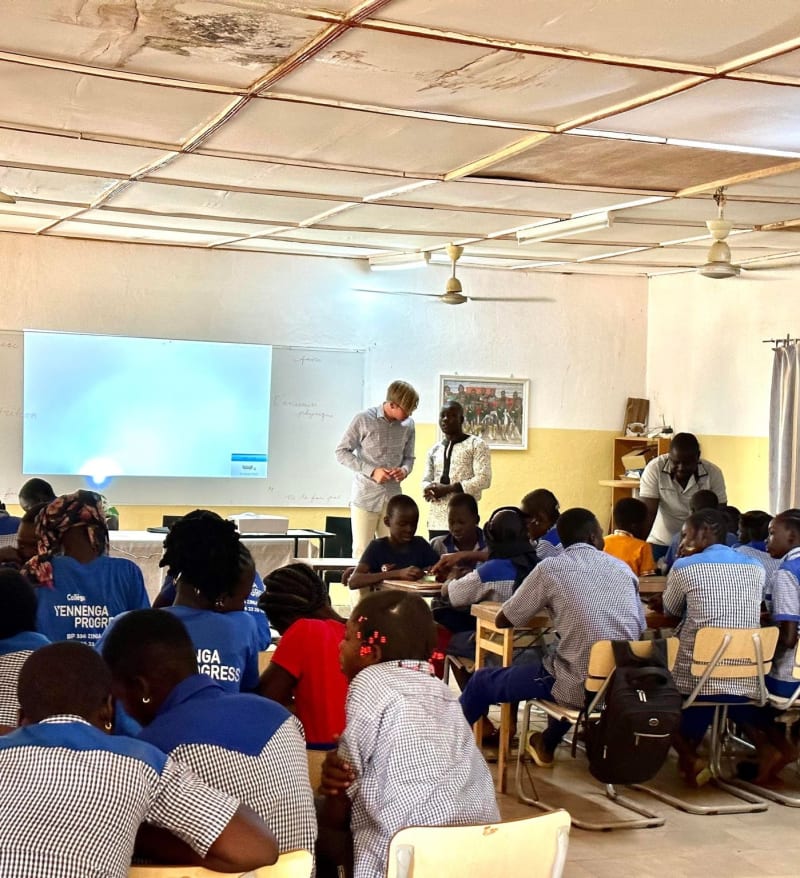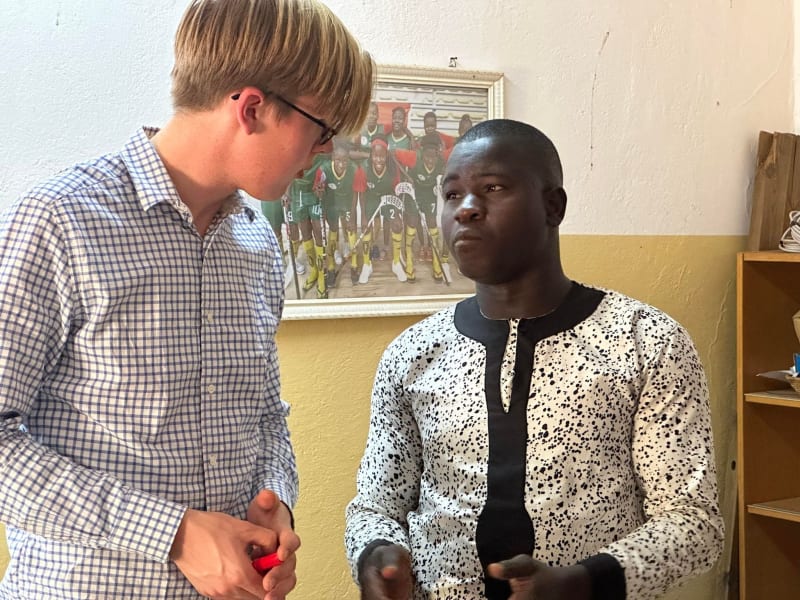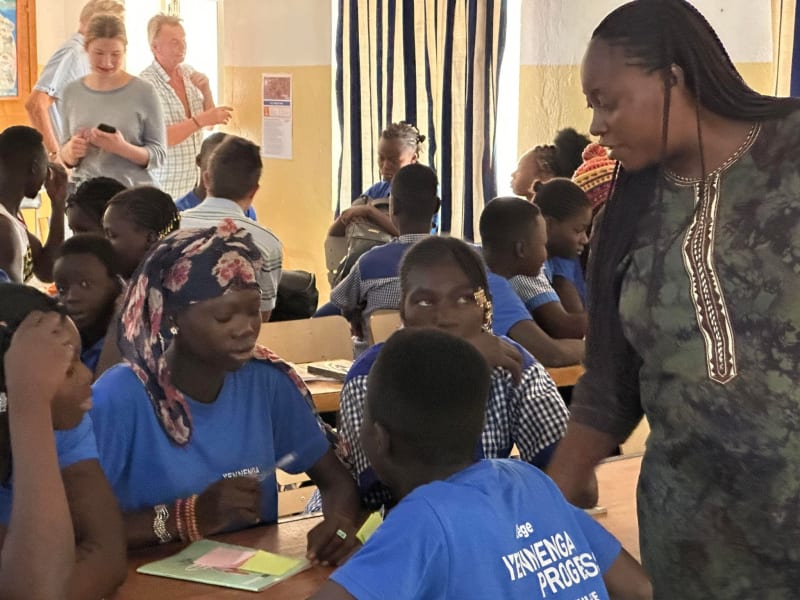
How Yennenga is fighting the double burden of malnutrition in Burkina Faso
The concept of "the double burden of malnutrition" is used by the WHO to indicate the coexistence of undernutrition together with being overweight. This sounds paradoxical, overweight and having a shortage of nutrients, but it is the bitter truth. This can be on an individual level: being anemic and overweight, but also on a country level.
In Burkina Faso, the double burden becomes clear, when analyzing the demographics. Every year still 50 percent of all people dying in Burkina Faso are children under 5 years! They die due to malaria, respiratory infections or after birth. Why do they die? A lack of nutrition! This already starts in early conception: crucial for later development. Babies have a low birth weight and grow slowly. The limited immune response of these children in combination with low quality health care leads to these sad numbers.
Besides the ten thousand of children dying, more and more people develop overweight and obesity. One out of 4 Burkinabe is overweight. They pay the price with higher amounts (23 000 in 2019) of people dying of heart disease; closely correlated with lifestyle; wrong nutrition.
Voilà, the double burden which Burkina Faso is facing is more than clear. Children dying of a lack of nutrition, and at the same time people developing heart disease and diabetes. How did we end up in this situation?
In Nakamtenga, around 30 km from the capital Ouagadougou, you see how reality functions. Young children buy high-processed foods produced far away. Sweets, soda, fried dough balls, Fanta are easily accessible in small shops. This availability drives the consumption of empty calories, trans-fats and sugars. At the same time the country is suffering from changing weather patterns and food security from vegetable production by households is less reliable and certain.
How to work on solutions? On different levels of the food system; the farm, food availability and the consumer level Yennenga Progress try to influence habits which lead to healthy lives.
The farm, which started 3 years ago, is there to change current unsustainable agricultural practices, restore soil health and increase production to provide vegetables for the three schools, all year round. Yennenga also tries to inform people about the risks of unhealthy food and promote local foods and vegetables. Teachers, students, the people working in the health clinic; all are informed about the impact of wrong foods and the richdom of the local diets.
Those two elements are combined in the school gardens which are preparing for starting up. School gardens are wonderful tools for educating students about nature, biology, foods and even mathematics. They connect health and sustainable agriculture in a visible way and teach the future generations to understand the world.
So, Yennenga Progress is working on different levels to tackle nutrition related problems. By having a farm, informing the people, having school gardens: educating and letting people understand the relation between health, nutrition and the ecosystem we live in. It will be crucial to the future of Nakamtenga and Burkina Faso to continue with these projects, work harder than ever before on creative solutions which lead to healthy and happy generations of people.
Joachim Van Willigen, intern Yennenga Progress, student in medicine, global health and agriculture.

